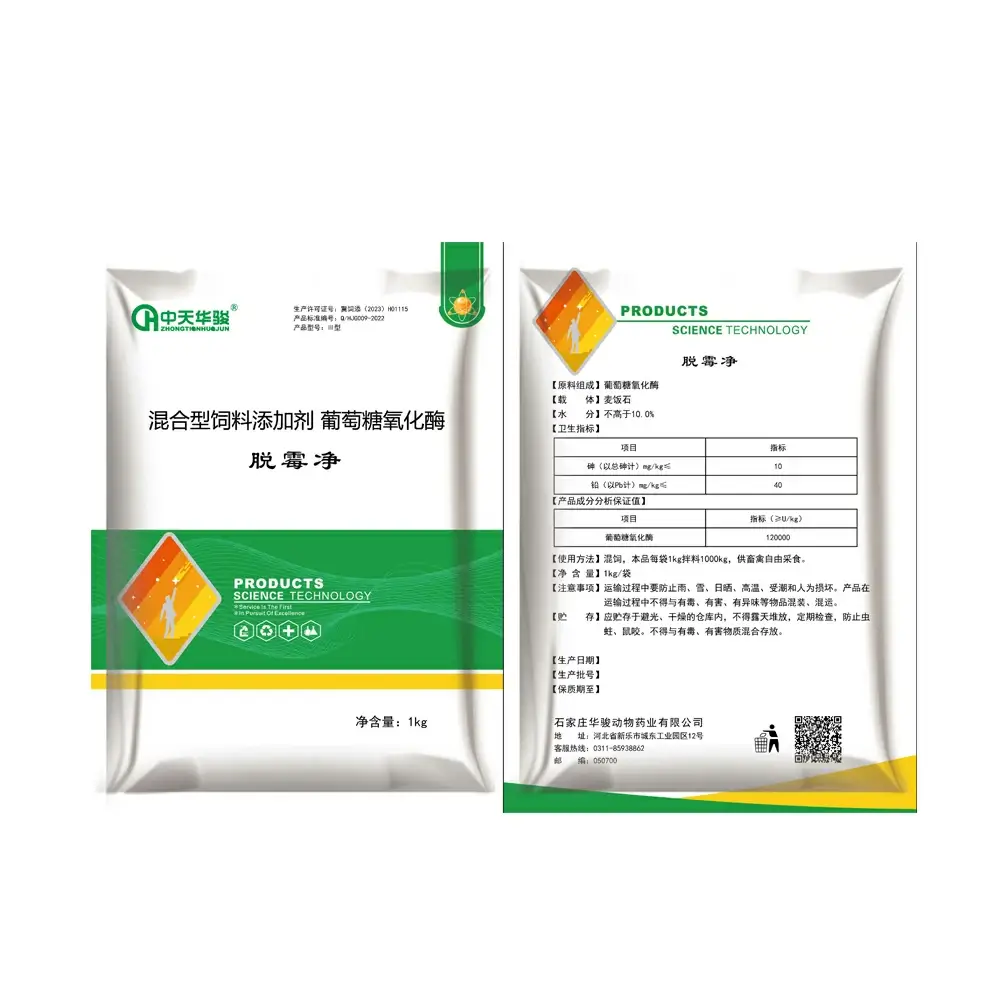
नवम्बर . 06, 2024 00:03 Back to list
secretion factories
The Evolution and Importance of Secretion Factories in Biotechnology
In the ever-evolving world of biotechnology, secretion factories have emerged as pivotal players in the production of biopharmaceuticals, enzymes, and a wide range of biochemical products. These specialized systems leverage the natural mechanisms of cells to produce and secrete valuable substances, significantly enhancing efficiency and yield in industrial processes.
At the core of secretion factories are living organisms, particularly microbial systems such as bacteria and yeast. These organisms are engineered to produce specific proteins or metabolites that can be harnessed for various applications. The process begins with the identification of a gene responsible for the desired product, which is then inserted into the organism's genome. This allows the microbe to express and secrete the target protein into the surrounding medium, facilitating easy extraction and purification.
One of the primary advantages of using secretion factories is their ability to mimic natural biological processes. For instance, in mammals, proteins are synthesized within cells and secreted into the bloodstream, where they perform essential functions. By harnessing similar mechanisms in microorganisms, scientists can optimize yield and reduce production costs. This is particularly crucial in the pharmaceutical industry, where timelines are tight, and demand for therapies is soaring.
secretion factories

Moreover, secretion factories are instrumental in producing complex proteins, including antibodies and enzymes that are essential for disease treatment and industrial applications. For example, monoclonal antibodies, which are vital for targeted therapies in cancer and autoimmune diseases, can be efficiently produced using engineered mammalian cells. Additionally, enzymes like amylases and cellulases, which are essential in food and biofuel production, benefit from the efficiency of microbial secretion systems.
However, the journey of establishing a successful secretion factory is not devoid of challenges. Protein misfolding, degradation, and low secretion rates can hinder product yield. To overcome these obstacles, researchers are continually refining organism strains through synthetic biology and metabolic engineering. Innovations such as CRISPR technology and advanced fermentation techniques have dramatically improved the efficiency of these systems, enabling the rapid development of new therapies and industrial products.
With the increasing demand for sustainable and efficient production methods, the future of secretion factories looks promising. The biotechnology sector is leaning towards more environmentally friendly practices, and secretion factories can play a critical role in this transition. By utilizing renewable resources and waste materials, these factories can produce biochemicals that reduce reliance on fossil fuels and mitigate environmental impact.
In conclusion, secretion factories represent a significant frontier in biotechnology, offering unparalleled opportunities for innovation and efficiency in the production of vital biopharmaceuticals and biochemical products. As technology advances and our understanding of cellular mechanisms deepens, the potential for these factories to transform industries and improve healthcare outcomes is vast. The fusion of nature and technology in the form of secretion factories not only holds the key to addressing current challenges but also paves the way for a sustainable and health-oriented future. As we move forward, investing in this area will be crucial for meeting global health and environmental demands.
-
Sulfamono Methoxine Supplier High-Quality Veterinary Antibiotic
NewsMay.18,2025
-
Premium Staphylococcus Products Trusted Manufacturer & Supplier
NewsMay.18,2025
-
Premium Lincomycin HCl API Manufacturers Trusted Supplier & Factory
NewsMay.17,2025
-
Mad Cow Disease Test Kits Reliable BSE Detection Solutions
NewsMay.17,2025
-
Best Anti-Inflammatory for Cattle Trusted Manufacturer & Supplier
NewsMay.17,2025
-
Confusion Solutions Reliable Factory, Manufacturer & Supplier
NewsMay.16,2025




